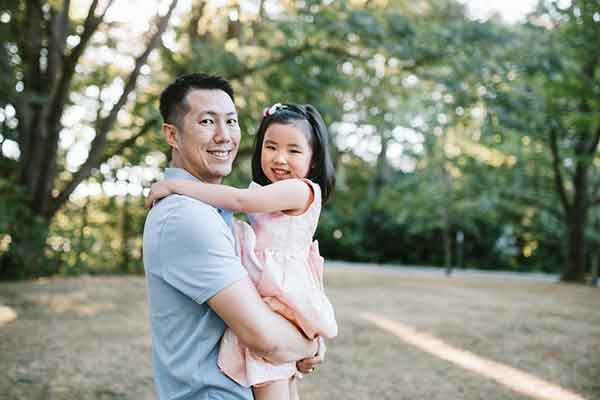Head Start (HS)
- Center-Based and Home-Based programs available.
- Serves children 3 to 5 years of age.
- Provides children and their families with comprehensive services to meet their educational, social, health, nutritional, and emotional needs.
- Service priority is given to children with disabilities (certified), foster children, and children experiencing homelessness.


Early Head Start Center-Based (EHS CB)
- Center-Based options
- Serves infants and toddlers (0-3) who need a regular schedule that is predictable but flexible enough to meet their individual needs and to take advantage of the learning opportunities that emerge continually every day.
- The daily schedule for the children is a guide; it provides a framework for planning and organizing the daily routine and play activities for them. The daily routines may be a little different based on the age of your child, whether they are an infant or a toddler.
Early Head Start Home-Based (EHS HB)
- Services to pregnant women, infants and toddlers (0-3) primarily in the home, through intensive work with the pregnant women, child’s parents and family.
- Services include one 90-minute session per week and two socialization days per month.
- Parents, whose children are enrolled in the Home-Based program option, receive the same services offered to Early Head Start services Center-Based families.
- Service priority is given to children with disabilities (certified), foster children, and children experiencing homelessness.


Home-Based Socialization Activities
- The purpose of socialization experiences is to support child development for infants and toddlers by strengthening the parent/child relationship.
- The group experiences reflect this purpose and incorporate the goals of the program, such as:
- Helping parents to better understand child development;
- Encouraging parents to share their parenting challenges and joys with one another;
- Providing activities for parents and children to enjoy together;
- Offering structured and unstructured learning opportunities for both children and parents; and
- Modeling successful strategies for engaging children and supporting their development.
Early Head Start Child Care Partnership Program (EHS CCP)
- EHS CCP delivers the full range of Early Head Start services within a licensed Family Day Care Home or family-like setting and Center-Based options.
- The program ensures family childcare homes are available that can accommodate children and families with disabilities.
- A child development specialist who supports family childcare providers conducts regular visits to each home and center, some of which are unannounced, no less than every two weeks.
- A childcare subsidy partially funds EHS CCP. Those families that are eligible for a subsidy are eligible for the EHS CCP program.
- EHS CCP centers and family childcare homes respond to the needs of working families by offering flexible and convenient full-day and full-year services. In addition, child care providers have experience providing care that is strongly grounded in the cultural, linguistic, and social needs of families.


Low Income First Time Mothers (LIFT)
LIFT is a program designed for pregnant women and new parents of infants. A Registered Nurse comes to your home once a week to discuss:
- Prenatal care
- Infant care
- Infant health and development
Home Visiting Program (HVP)
- The Home Visiting Program supports positive health, development, and outcomes for pregnant and parenting women, families, and infants.
- Eligible parents are referred to HVP through the Transitional Assistance Department.
- HVP supports children and families through home visits and group socialization experiences.
- HVP provides comprehensive services to support and strengthen the relationship between infants, toddlers, and their parents.
- Home Support Workers conduct home visits for the purpose of:
- Providing parenting support and introducing curricular activities to use in-home.
- Supporting parents as teachers and as their child’s first teacher
- Referring families to various community resources that will support families in the areas of:
- Self-sufficiency
- Access to mental health professionals
- Child development
- Educational opportunities
- Housing and legal support
- Distribution of health and safety items


California State Preschool Program (CSPP)
- Serves children from 3 to 5 years in a classroom setting
- PSD combines State Preschool with Head Start to provide wide-ranging services to families.
Fatherhood FIRE Program
- The Fatherhood FIRE {Family-Focused, Interconnected, Resilient, and Essential) Program offers:
- The Nurturing fathers workshops
- Networking with other Fathers for support
- Case Manager with information on resources
- Apprentice Program
- High School Diploma
- Support for co-parenting
